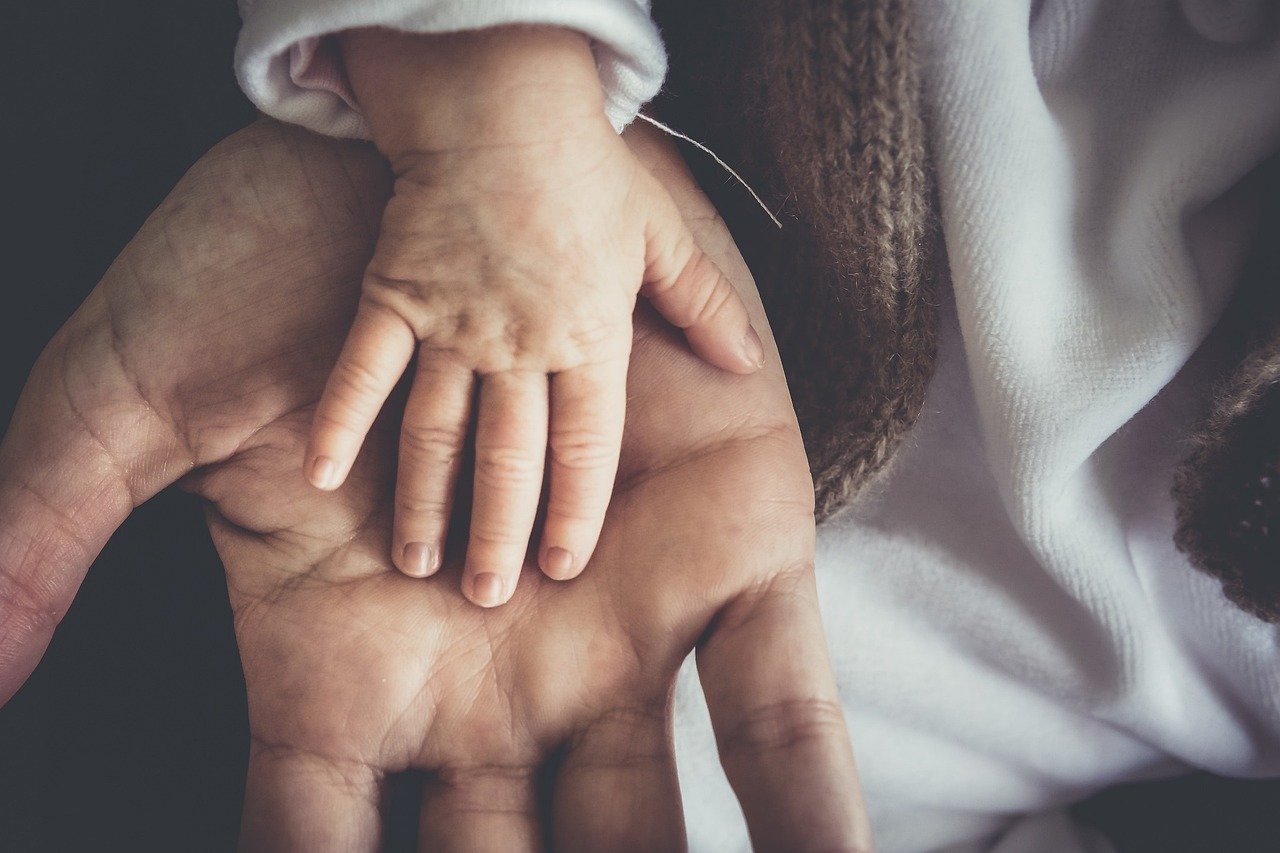Introduction
In South Asian culture, family is the heart of every individual’s existence. As an old South Asian proverb goes, “A house without a family is like a body without a soul.” This perfectly captures the importance of family love and unity in South Asian societies. Premakante Family Ki Viluva Iche Vadu—which roughly translates to “one who values family over everything”—holds a deep meaning within the cultural context of South Asia. It reflects the idea that the love and bond within a family surpass material wealth or individual desires.
This article explores the rich concept of Premakante Family Ki Viluva Ichhevaaru, delving into its historical roots, its role in South Asian culture, and the importance of family values. Additionally, we will discuss the modern challenges that families face and how the concept of family love continues to endure in contemporary society.
Historical and Cultural Context
Origins of Family Values in South Asia
The concept of Premakante Family Ki Viluva Iche Vadu can be traced back to ancient South Asian texts, traditions, and philosophies. From the Vedic scriptures of Hinduism to the teachings of Buddhism and Sikhism, the importance of family has always been central.
In the ancient Hindu text Manusmriti, family is seen as the foundation of society, with each member holding specific roles and responsibilities to maintain balance and harmony. Similarly, the teachings of Buddha emphasize compassion and love for one’s family, as these are seen as the first step toward achieving a compassionate society. In Sikhism, the Gurmat philosophy promotes family values as a way of living in harmony with God’s will, underscoring the idea of selflessness and sacrifice within the family unit.
Cultural Significance of Family Love
Throughout South Asian history, family love has been pivotal to social structures. Traditional families often consist of multiple generations living under one roof, emphasizing the importance of shared values and mutual respect. Premakante Family Ki Viluva Ichhevaaru reflects this collective responsibility, where the well-being of the family is placed above individual success or material wealth.
In many South Asian cultures, it is common to see extended family gatherings during festivals like Diwali, Eid, and Lohri, reinforcing the bonds between family members. Even as society evolves, these traditions continue to thrive, underscoring the cultural significance of family love.
Role of Religion and Spirituality
Religion has played a significant role in shaping family dynamics in South Asia. Hinduism, Buddhism, and Sikhism all emphasize the importance of family unity and love. In Hinduism, the concept of Dharma—which means duty—is often tied to fulfilling one’s responsibilities toward the family.
In Buddhism, teachings such as the Metta Sutta promote loving-kindness, which begins within the family. Sikhism, through its teachings of Sewa (selfless service), reinforces the idea of family members caring for one another without expecting anything in return. These religious teachings have long influenced how families in South Asia interact, creating a framework for understanding the core values of Premakante Family Ki Viluva Ichhevaaru.
Family Values and Relationships
Key Values of Family Love
At the heart of Premakante Family Ki Viluva Ichhevaaru are key values such as respect, loyalty, honor, and sacrifice. In South Asian families, respect for elders is a cornerstone. Children are taught from a young age to honor their parents and elders, with many believing that showing respect brings blessings and good fortune.
Loyalty within families is another key value. South Asian families emphasize the importance of standing by each other through thick and thin. Sacrifice also plays a major role, where personal ambitions are often set aside for the benefit of the family.
Relationship Dynamics: Parents, Children, and Siblings
The bond between parents and children is sacred in South Asian culture. Parents often dedicate their lives to raising their children, ensuring they have the best opportunities in education, career, and marriage. In return, children are expected to care for their parents in old age. This reciprocal relationship is a beautiful reflection of Premakante Family Ki Viluva Ichhevaaru.
Sibling relationships are equally valued. Growing up in large families, South Asian children often share deep emotional bonds with their siblings, who serve as lifelong companions. The concept of Raksha Bandhan, a Hindu festival celebrating the bond between brothers and sisters, is one such example of how these familial bonds are celebrated.
Role of Marriage and Tradition
Marriage is a crucial institution in South Asian families. It is seen not just as a union between two individuals but also between two families. Traditional weddings are grand affairs, with ceremonies rich in cultural symbolism, all designed to strengthen the bonds between families.
Arranged marriages are still prevalent in many parts of South Asia. The idea behind arranged marriages is rooted in the concept of Premakante Family Ki Viluva Ichhevaaru, where family values and compatibility are prioritized over individual romantic desires.
Modern Challenges and Adaptations
Globalization and Western Influence
As South Asian societies become more interconnected with the global world, modern influences have led to changes in family structures. Urbanization and migration have caused nuclear families to replace the traditional joint family system. Western values, such as individualism and personal freedom, have sometimes clashed with the South Asian focus on collective family well-being.
However, the concept of Premakante Family Ki Viluva Ichhevaaru has adapted to modern times. Even with physical distance, the emotional bond between family members remains strong, thanks to technology that helps families stay connected.
Changing Roles of Women
The role of women in South Asian families has evolved significantly. In the past, women were primarily seen as caretakers of the home, but today, women are playing active roles in the workforce and decision-making within the family. This change has led to shifts in family dynamics, but it has also opened doors for greater gender equality in South Asian homes.
Despite these changes, the core value of family love and respect for one another continues to be central in family life.
Challenges Faced by Families
South Asian families today face numerous challenges, from financial stress and migration to generational conflicts. With younger generations often seeking more autonomy and freedom, tensions between tradition and modernity are becoming more common. However, through open communication and mutual understanding, many families are finding ways to maintain the values of Premakante Family Ki Viluva Ichhevaaru even in the face of these difficulties.
The Enduring Value of Family Love
Resilience of Family Bonds
The concept of Premakante Family Ki Viluva Ichhevaaru has shown remarkable resilience. Despite the challenges posed by modernization, urbanization, and cultural shifts, the bond of family remains a source of strength for millions of South Asians. Family gatherings, traditional festivals, and shared meals continue to be vital in reinforcing these relationships.
Benefits of Strong Family Ties
There is significant evidence to suggest that strong family ties have a positive impact on mental and emotional well-being. In South Asia, individuals who maintain close relationships with their families often report lower levels of anxiety, stress, and depression. This is largely because families provide emotional support, a sense of belonging, and shared values that contribute to an individual’s overall quality of life.
Call to Action: Nurturing Family Bonds
In a fast-paced world where individual goals sometimes take precedence over familial love, it’s important to revisit the values of Premakante Family Ki Viluva Ichhevaaru. Make time for family, nurture those relationships, and appreciate the sacrifices and love that form the foundation of South Asian families.
YOU MAY ALSO LIKE
sus:b28x6huaij4= the rock: Embracing Strength and Resilience in Life
Conclusion
The concept of Premakante Family Ki Viluva Ichhevaaru encapsulates the idea that family love is more valuable than any material possession. Through respect, loyalty, sacrifice, and shared values, South Asian families continue to thrive despite modern challenges. By appreciating the strength of family bonds, individuals can lead more fulfilling and emotionally enriched lives.
FAQs
1. What is the meaning of “Premakante Family Ki Viluva Ichhevaaru”?
This phrase means “one who values family above all else.” It emphasizes the importance of family love and unity.
2. How do South Asian cultures value family?
Family is central in South Asian cultures, with strong bonds of respect, loyalty, and shared responsibilities being the foundation of social life.
3. How have modern influences impacted South Asian family values?
Globalization and Western influence have introduced individualism and new roles for women, but the core values of family love still remain intact.
4. What role does religion play in South Asian family dynamics?
Major South Asian religions like Hinduism, Buddhism, and Sikhism emphasize family unity, compassion, and sacrifice, shaping the way families interact.
5. Why is marriage important in South Asian families?
Marriage is seen as a union of families, not just individuals, and it plays a crucial role in strengthening family ties and cultural traditions.










